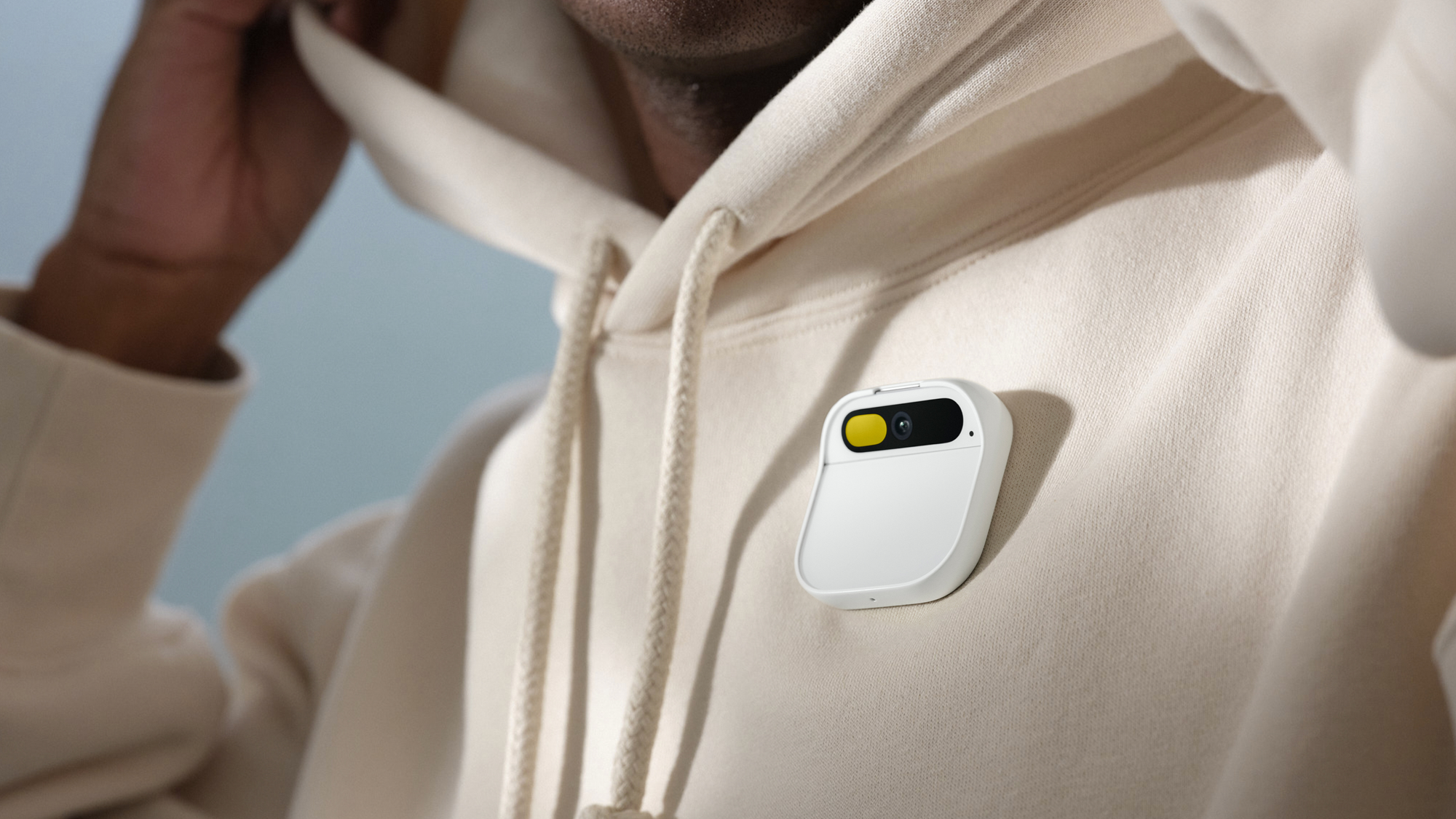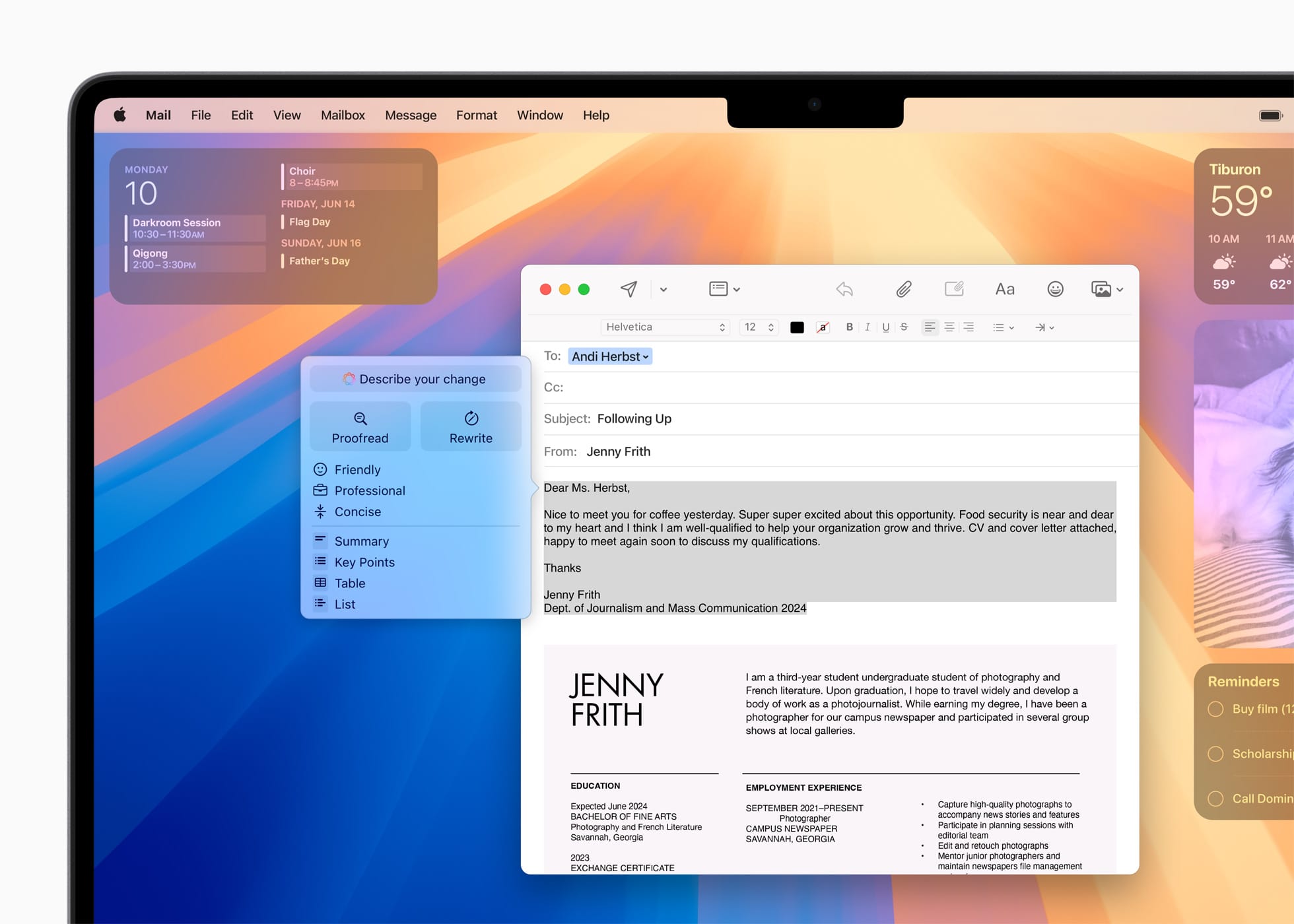Fast, private email hosting for you or your business. Try Fastmail free for up to 30 days.
Is AI a Product or a Feature?
Marques Brownlee (MKBHD) tackles the eternal product marketing question of “Product or Feature” when it comes to AI.
He highlights the Humane Ai Pin and Rabbit R1 as examples of “AI as a product,” that is, a standalone thing you buy that “does AI,” versus being integrated into existing products, such as a phone or smart home device.
Both the Humane Pin and Rabbit R1 require AI for them to be useful. Without AI, they are merely interesting hardware products that provide no meaningful functionality. Everything they do with AI can easily be (and perhaps already is being) done on a phone, either via an app or integrated into the system. The unique hardware bits they have exist solely because they’re not phones and need some mechanism for us to interact with them. A phone without AI is still useful. A Humane Pin without AI is… what? An attractive accessory?

AI is an enabling technology. People aren’t buying AI. They’re buying what AI can do for them. The question for any company selling an “AI product” is “to do what?”
If the what can be incorporated into another, more popular or widely used product, that “AI product” is in danger of being obsoleted, or at least becoming less relevant.
Marques uses the once-popular Clubhouse to highlight this transition. The enabling technology for Clubhouse was “live voice chatrooms”. However, the product was effectively obsoleted after other companies incorporated this feature into their own, more popular apps. People didn’t want Clubhouse, per se. They just wanted to chat with each other.
It’s likely we’ll see this happen a lot more for “AI products.” As Marques points out, Apple’s WWDC Keynote showcased many features powered by AI. In almost every instance, products that do “that thing” already exist today. Such products may soon become superfluous to a large number of Apple’s customers, because customers care about the feature, not the product.
One example: The next versions of iOS and macOS bring the ability to “rewrite, proofread, and summarize text,” directly integrated into just about every text field on the systems. This is huge for Apple customers. But if you’re, say, Grammarly, for whom “AI writing partner” is what you sell, you’re now competing with Apple in your only business. Feature, not product.

This isn’t to say Grammarly goes away. They provide some features not offered in Apple’s version, and as they noted to NPR:
Whenever new entrants come into our market, the reality is that we see increased demand for Grammarly.
OK, sure. But how many people will pay $12/month when they can get a basic “AI writing partner” for free?
As Apple demonstrated, it’s possible to build your own AI stack, and subsume AI-powered features, making them “just another bullet point” on a deck or press release.
Look at ChatGPT, for instance. Despite being the best-known, most popular AI chatbot, it was the last item mentioned in Apple’s two-thousand-word Apple Intelligence press release. And it won’t even be the only chatbot available on Apple’s devices. Eventually you’ll be able to replace ChatGPT with Anthropic’s Claude, Google Gemini, Microsoft Copilot, and who knows what else. Feature, not product.
And dollars to doughnuts, Apple already plans to Sherlock all of these chatbots, as they do with so many other features-pretending-to-be-products.
So is AI a Product or a Feature? Marques demurs:
Now there is no answer yet as far as is AI actually a feature or a product, which one will win, which one will lose, we don't know. But I think if history is any indication, I do think that more people in the long run are going to end up using this AI stuff as a feature, more than going to, like, a standalone thing.
I agree that for most people AI will simply be the technology that powers features they love. They won’t go seeking out AI, and won’t buy standalone “AI products”. In fact, most won’t think about AI at all.
The trajectory technology takes is to transition from a visionary product to an important feature of another product to a mundane feature used without thinking.

A great example comes from my friend Ron Lue-Sang: Biometric authentication.
In popular media, fingerprints, facial recognition, and retina scans once demonstrated just how advanced the civilization (or organization) was. Visionary.
Then biometrics were added to products like door locks as a key reason to buy them. Important.
Today we unthinkingly unlock our phones and computers with our fingers and faces. Mundane.
Companies will continue to sell “AI products” for as long as they can, and many of them will exist as foundational technologies and find ways to differentiate themselves, but most are on a glide path toward irrelevance. For me, and I think for most people, AI is absolutely a feature, not a product, and one we won’t even think of as AI.
So perhaps the question isn’t “is AI a product or a feature?”
Perhaps it’s “when will AI become mundane?”

